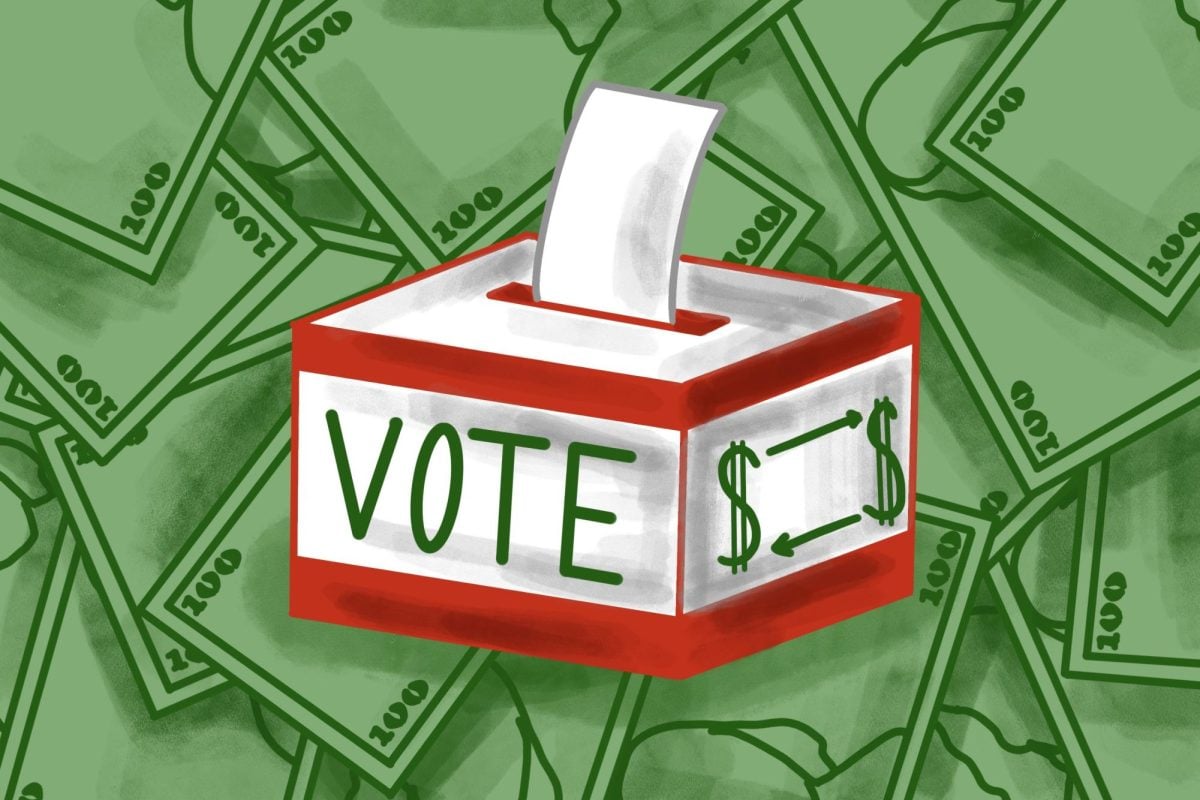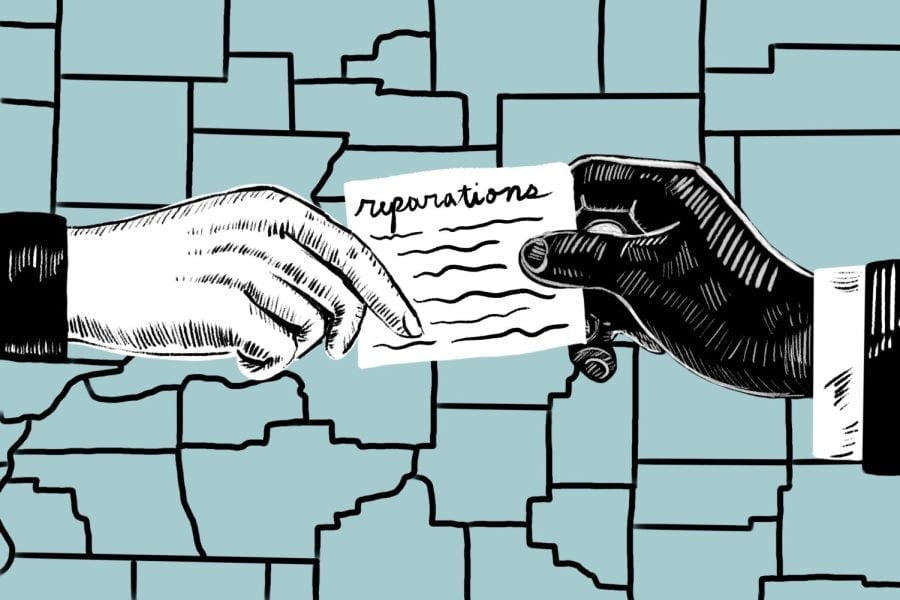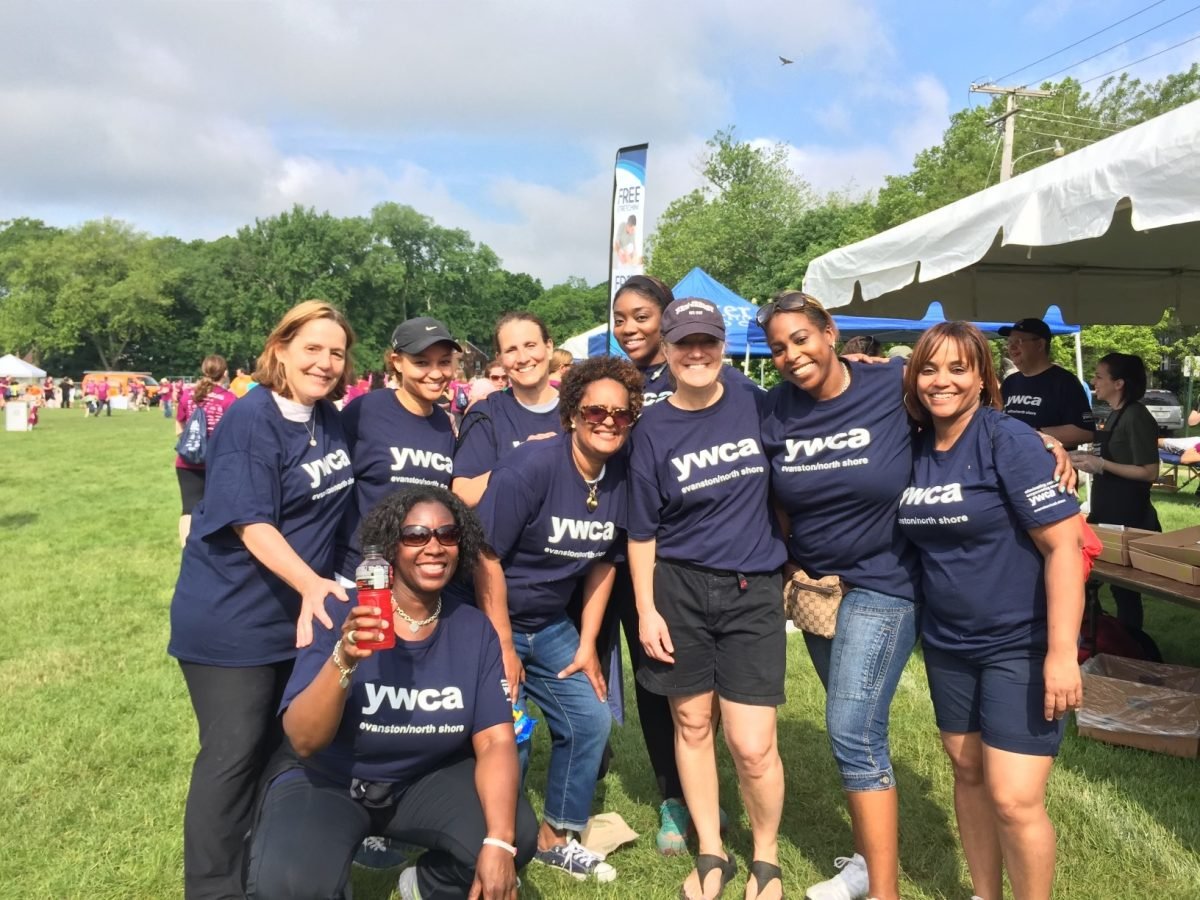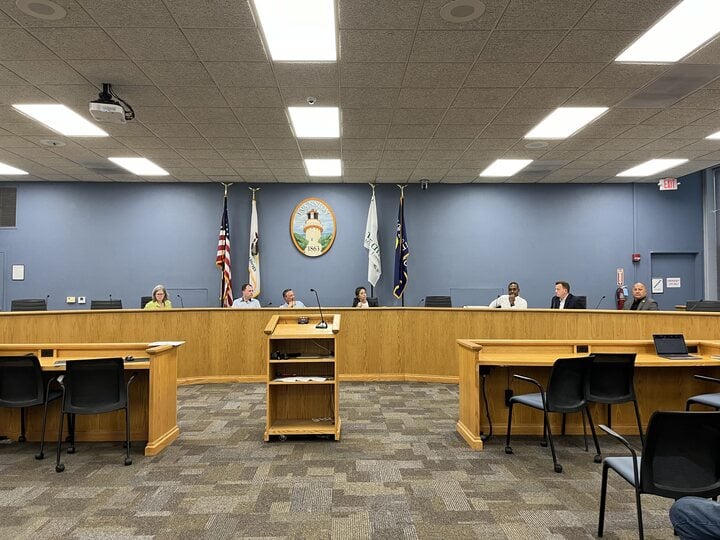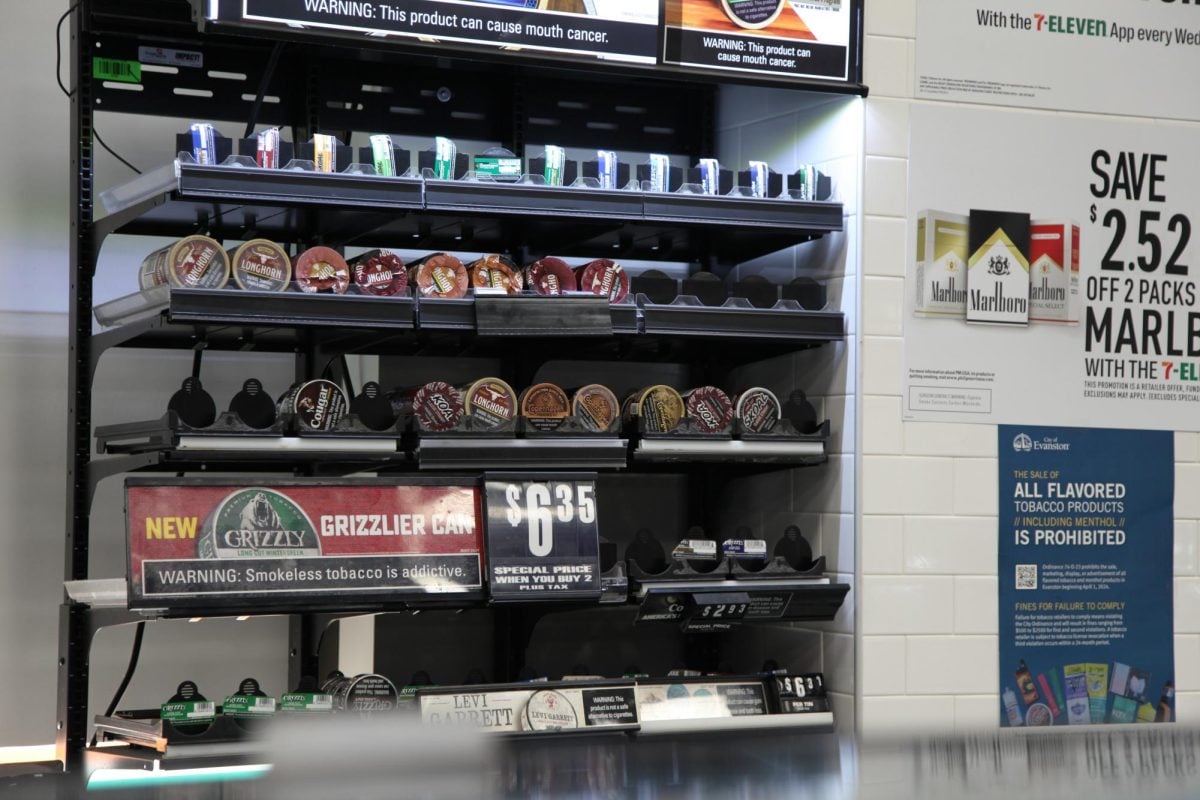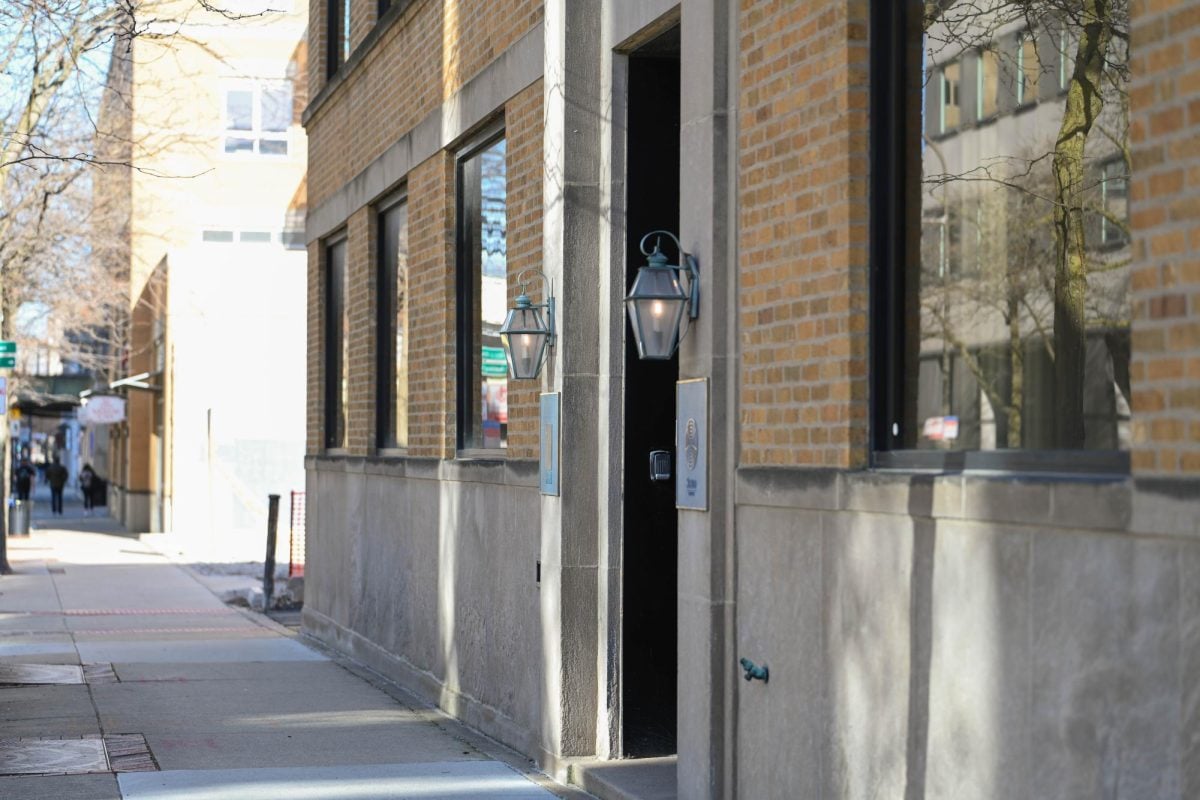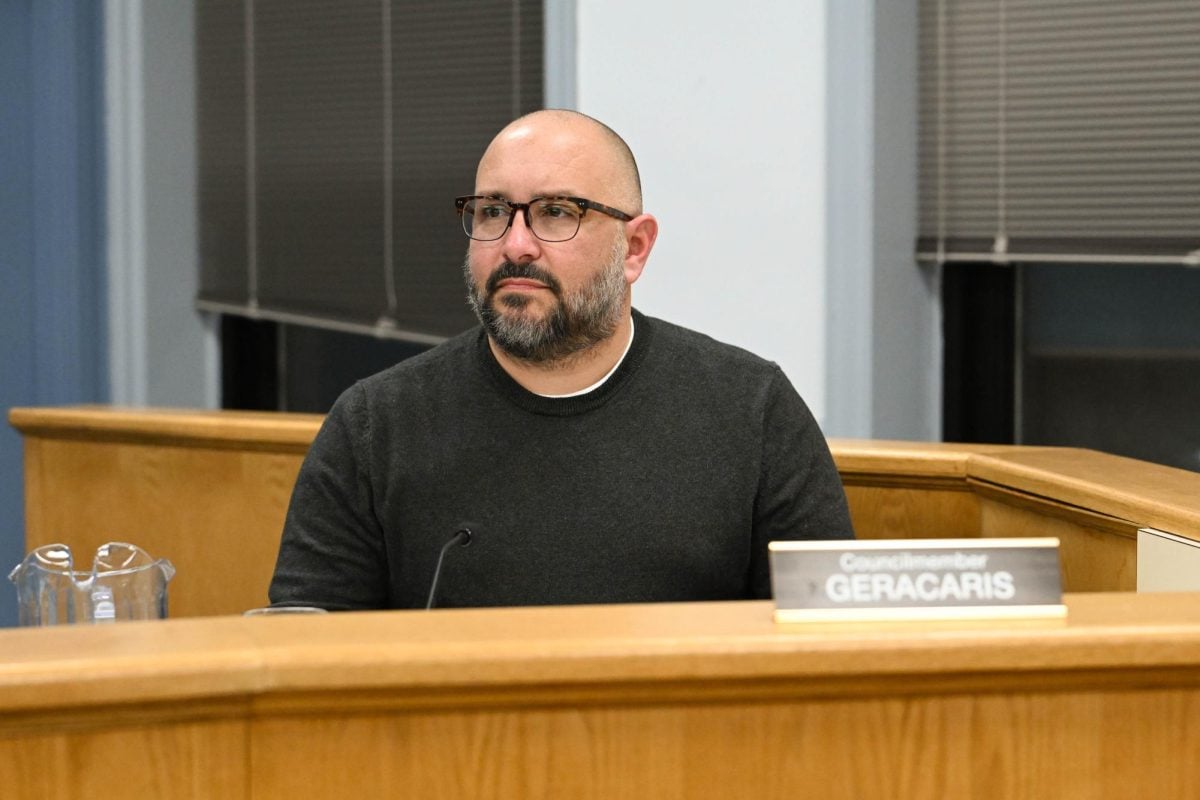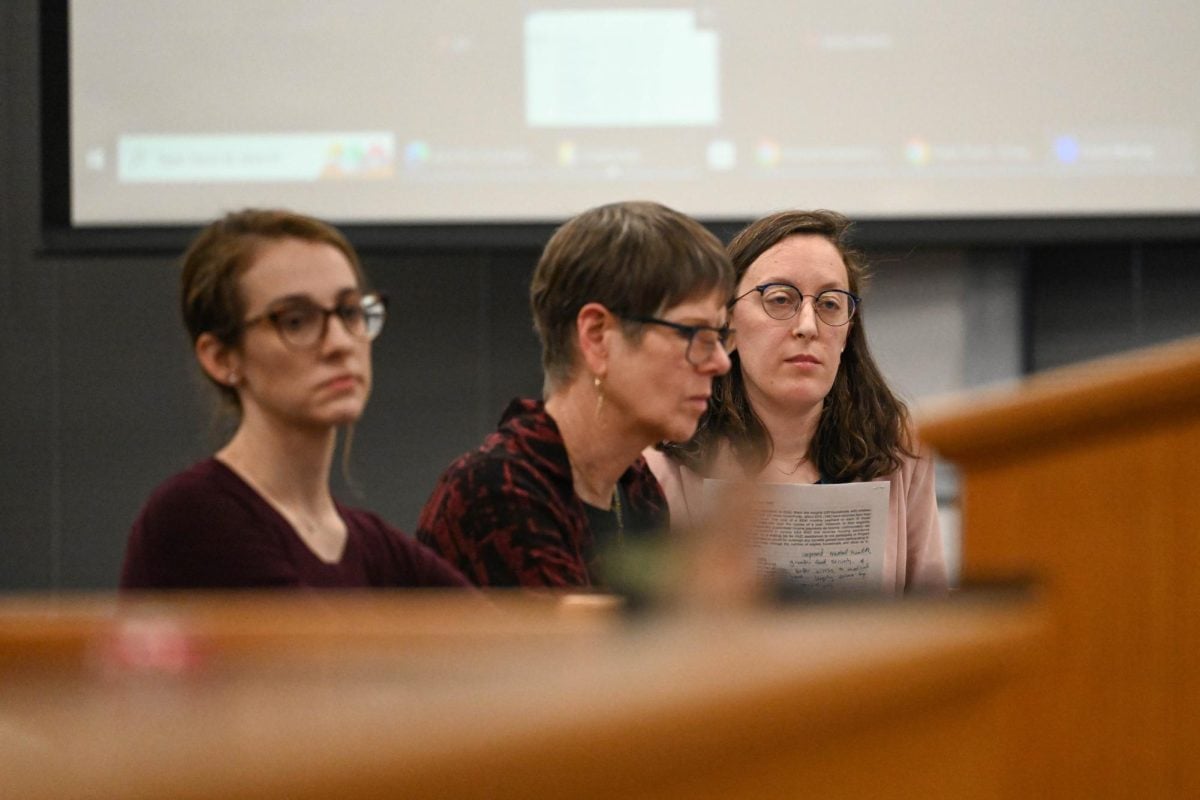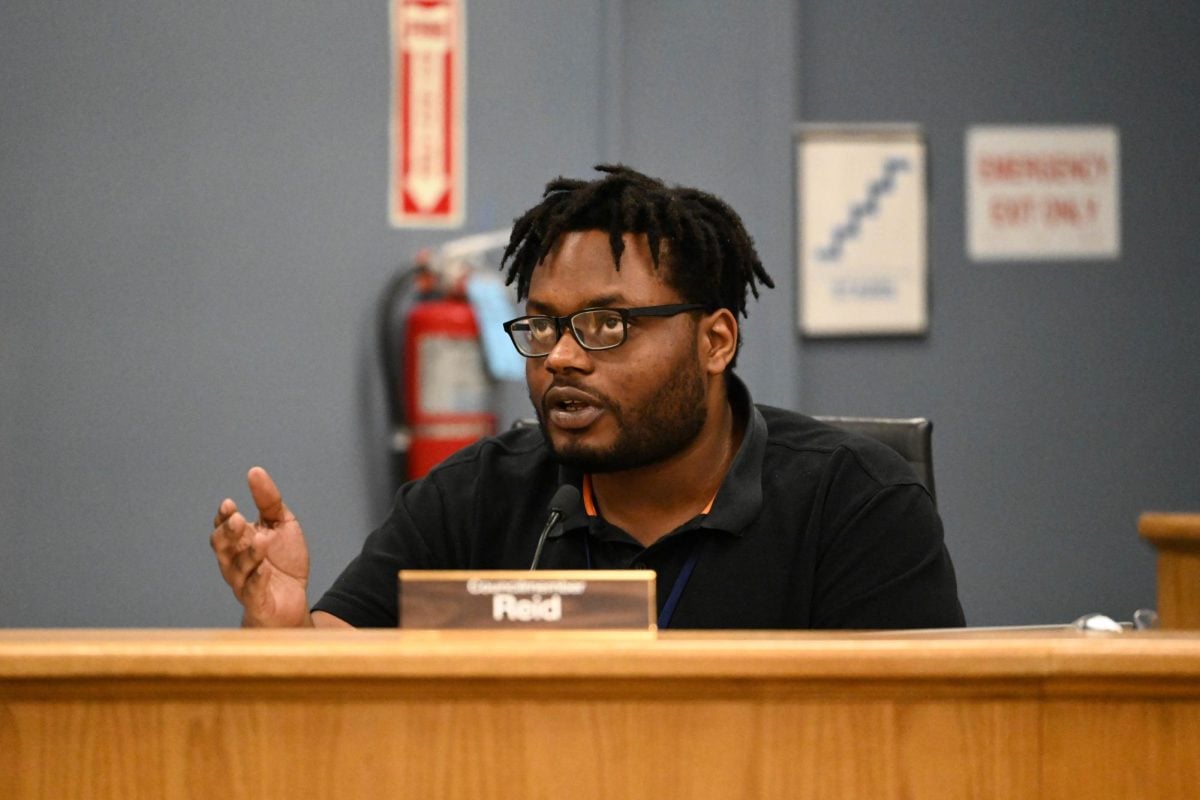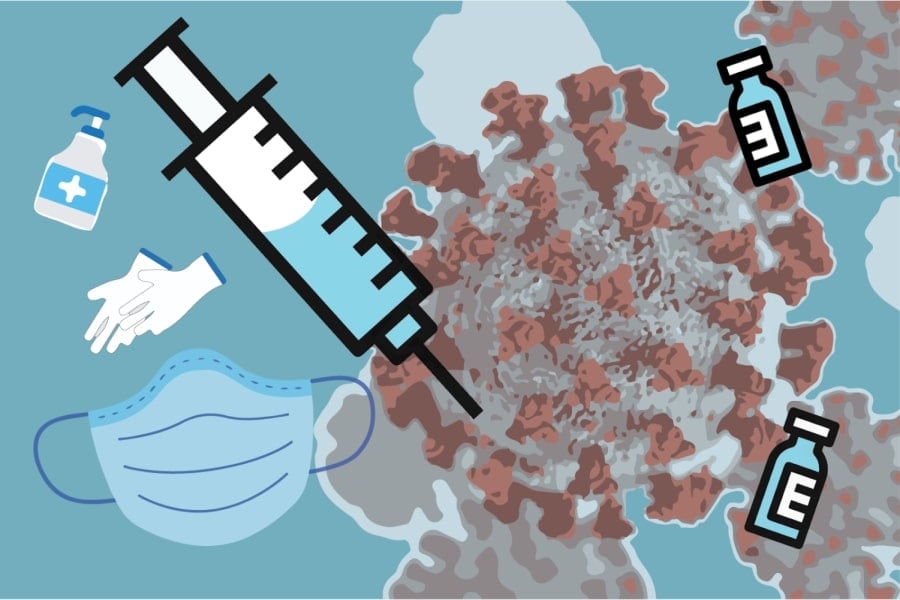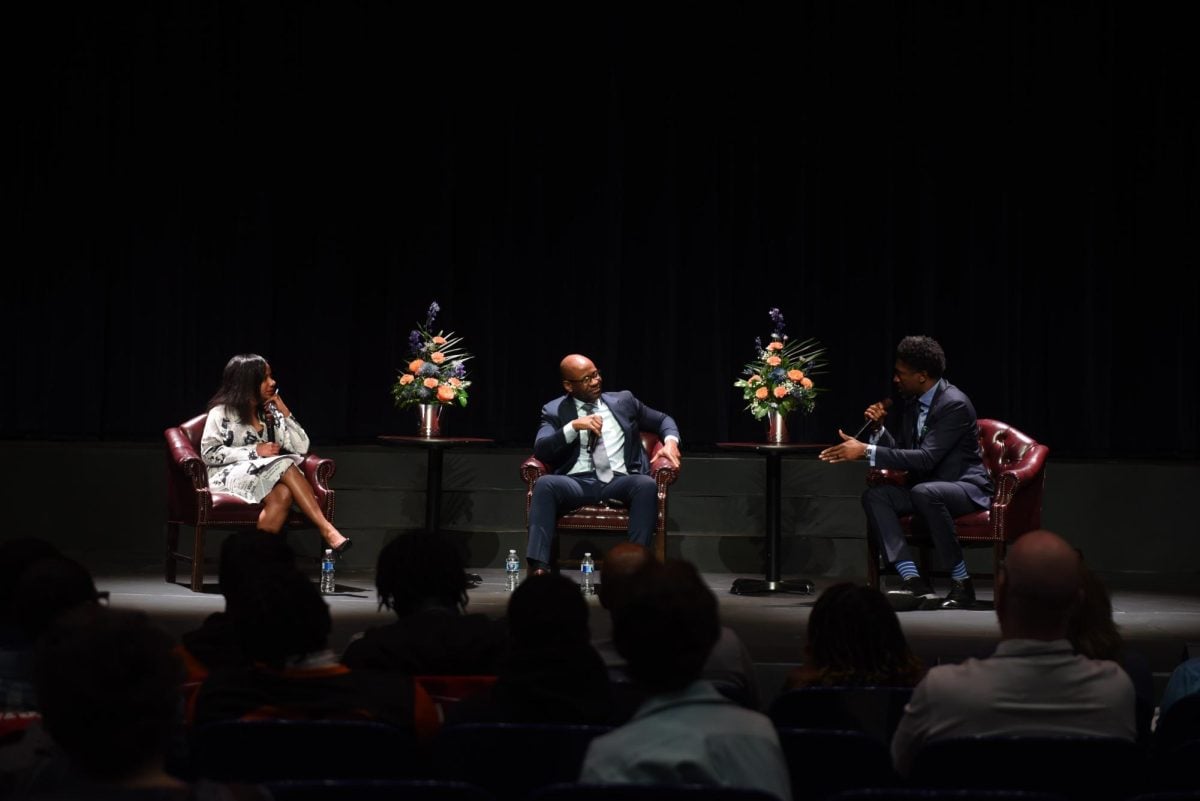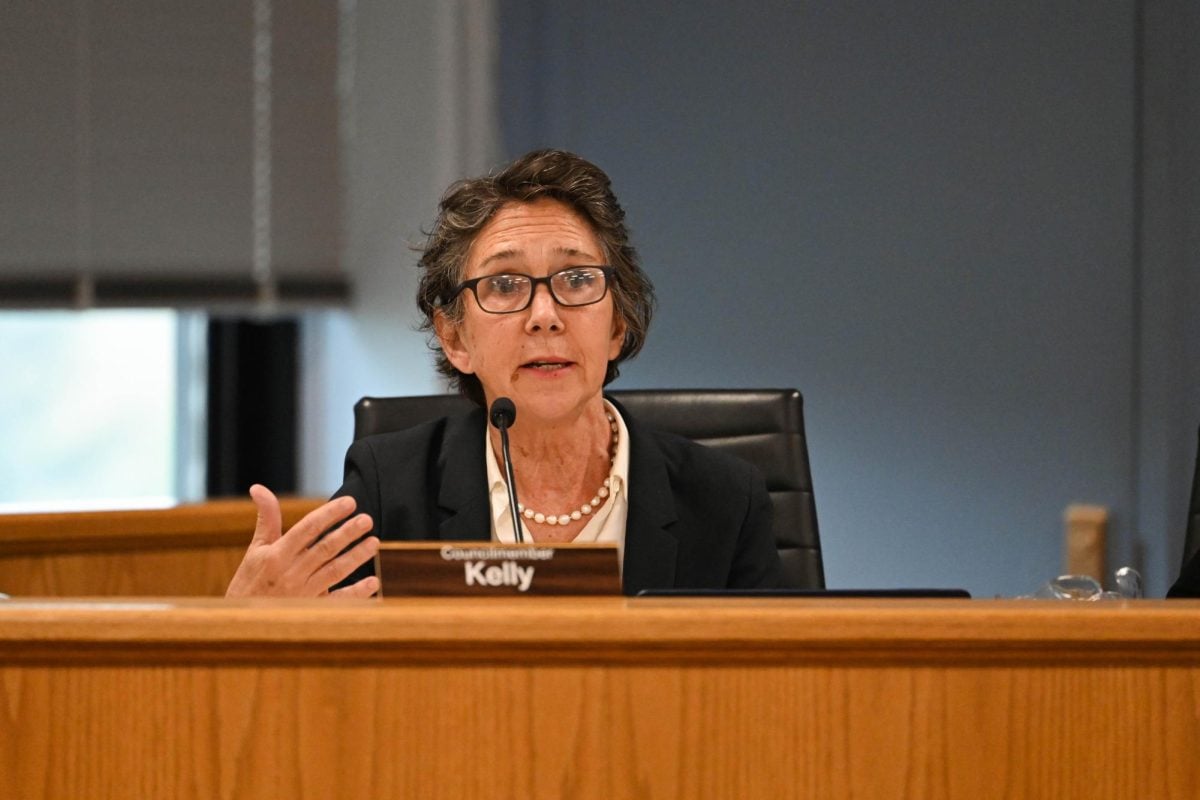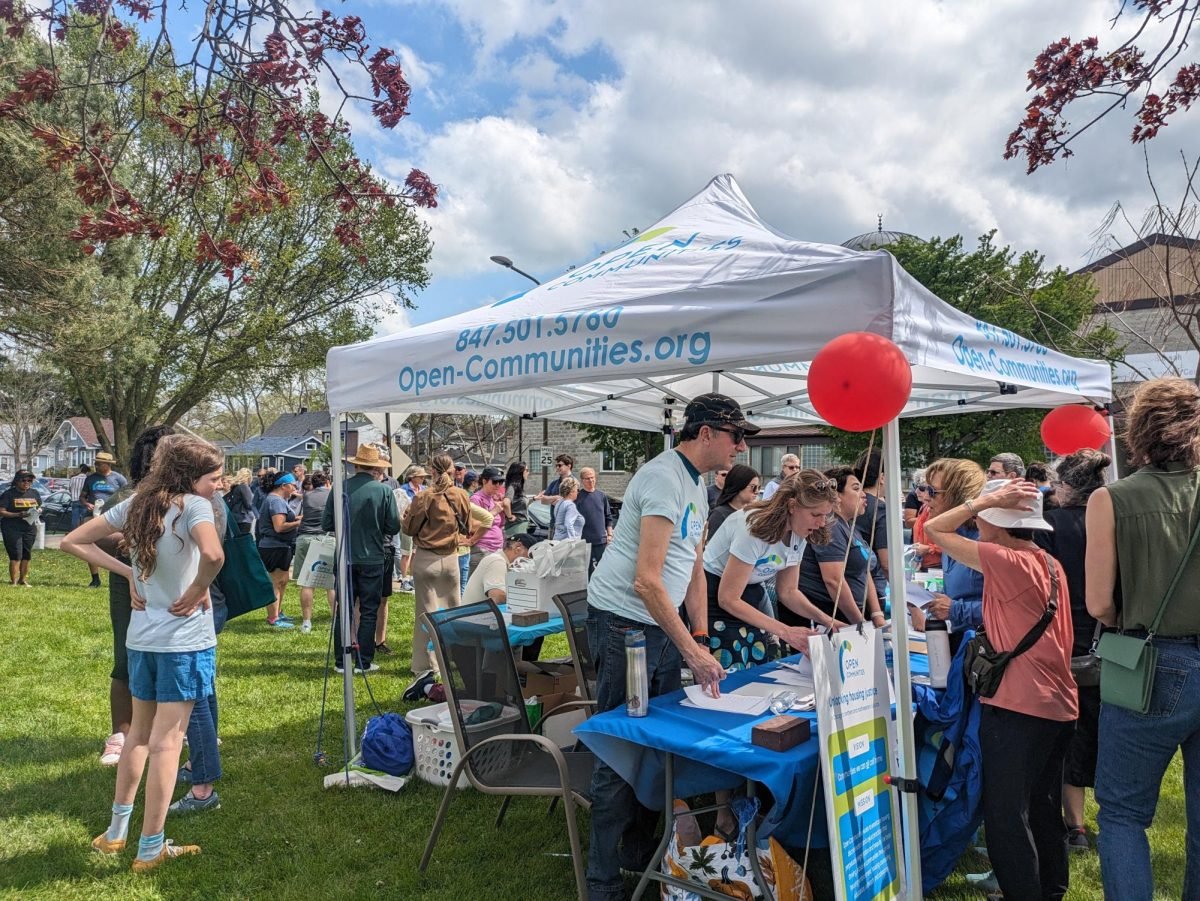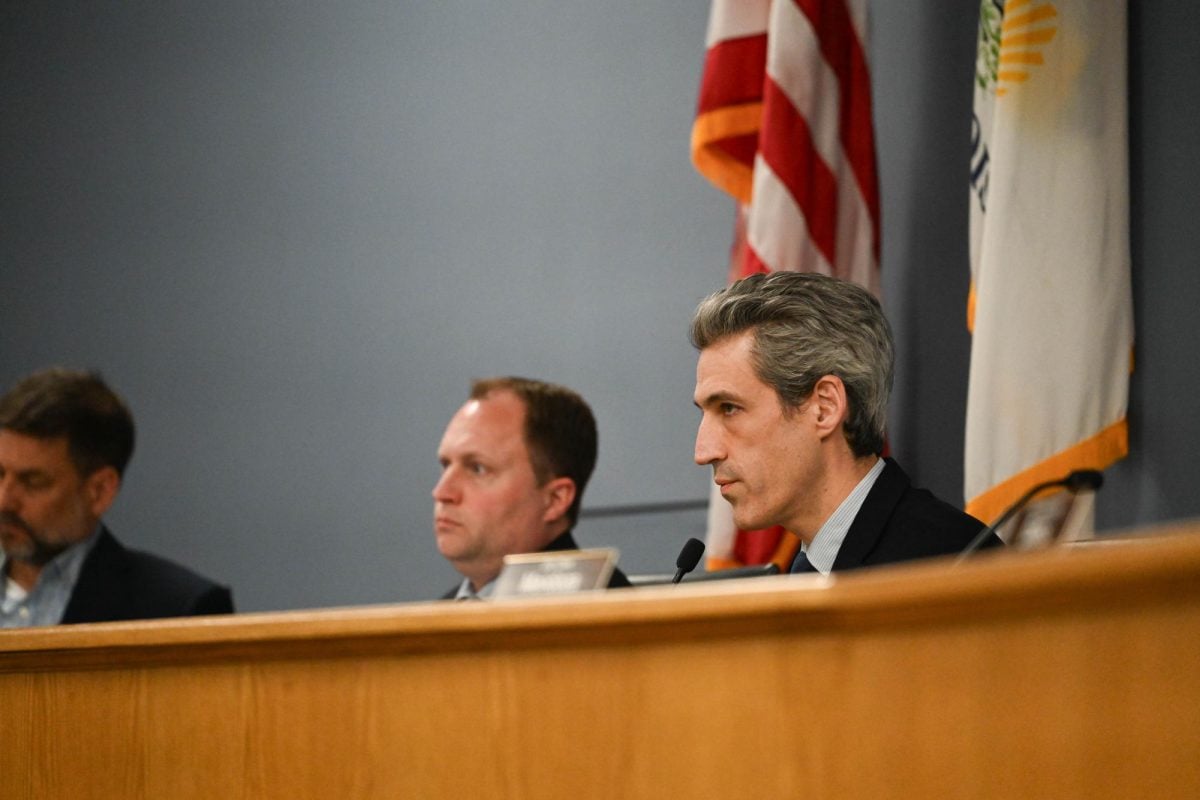Evanston’s new small donor match fund will allocate city funds to mayoral election candidates and aims to allow qualified candidates to run for office regardless of their ability to pay campaign costs.
City Council approved the fund ordinance 6-2 on Sept. 26. The current campaign financing system reduces people’s opportunities to “equally and meaningfully participate in the democratic process,” according to the ordinance.
To access the funds, candidates must apply to the program and pledge not to accept campaign contributions over a certain amount. They then must gather and track 100 qualifying donations, which the city will match up to $45,000. If and when the city implements ranked choice voting, the figure will increase to $81,000.
Ald. Juan Geracaris (9th) recommended adopting the ordinance at the Sept. 26 meeting. City Council will either allocate $68,750 or one-sixtieth of a percent of Evanston’s annual budget to the fund, whichever number is greater.
Geracaris previously worked with Reform for Illinois, an organization that works on election reform in Illinois government, to advocate for ranked choice voting. He said he supported the small donor match fund because he saw it as an opportunity for Evanston to be on the forefront of reform.
“People aren’t happy with the amount of influence money has on campaigns,” Geracaris said. “It keeps people from running for office.”
Other cities have had success with small donor match funds, Geracaris said. He said the program encourages a stronger and more diverse candidate pool.
Because Evanston mayoral campaigns spend more money than City Council races, the city has reserved the new fund for mayoral bids only as of now, Geracaris said. However, he said the fund could potentially expand to different campaigns in the future.
Alisa Kaplan, executive director of Reform for Illinois, wrote in an email to The Daily that recent Evanston mayoral elections have been costly.
“Our campaign finance system is a mirror of the inequality in our communities,” she wrote. “There’s a huge concentration of wealth and influence at the top, while the voices of people who can’t afford that big contribution are getting drowned out.”
The match fund could receive pushback from groups invested in the current campaign system, Kaplan wrote.
Common Cause Illinois, a watchdog group, also advocated for the ordinance. The organization works to reform elections, improve voting access and manage transparency issues in government. Jay Young, executive director of Common Cause Illinois, spearheaded the organization’s advocacy for the small donor match fund in Evanston.
Young said Common Cause Illinois chose to advocate for the small donor match fund in Evanston because the city would be a good place for the program to start with Mayor Daniel Biss as an advocate.
“Evanston needs to be commended,” Young said. “(Campaign reform) has been one of the most frustrating issues in a lot of respects, because we can always see the need, but getting it across the finish line is hard.”
Young said he is also working with Chicago Ald. Matt Martin (47th) to discuss a similar small donor match model for Chicago.
Young said it is important to educate community members about the ordinance. He said the ordinance won’t have a strong impact if residents are not taught how the match fund works.
“The work is not done, and (the city) needs to keep focused and make sure that everybody gets to participate and benefit from this new reform,” Young said.
During the Sept. 26 meeting, Ald. Devon Reid (8th) opposed the ordinance.
“This will be the city using our limited funds to subsidize, very likely, primarily the contributions of folks who can afford to make an appropriate contribution,” he said. “I wish we went down a route of using our limited funds to encourage folks who don’t traditionally participate.”
Email: [email protected]
Twitter: @LilyOgburn
Related Stories:
— Council introduces semi truck ban on certain streets, approves election matching fund
— Evanston Police Department gives update on crime trends, community relations to City Council
— City Council talks funding, debates bonds for proposed 2024 Capital Improvement Program

